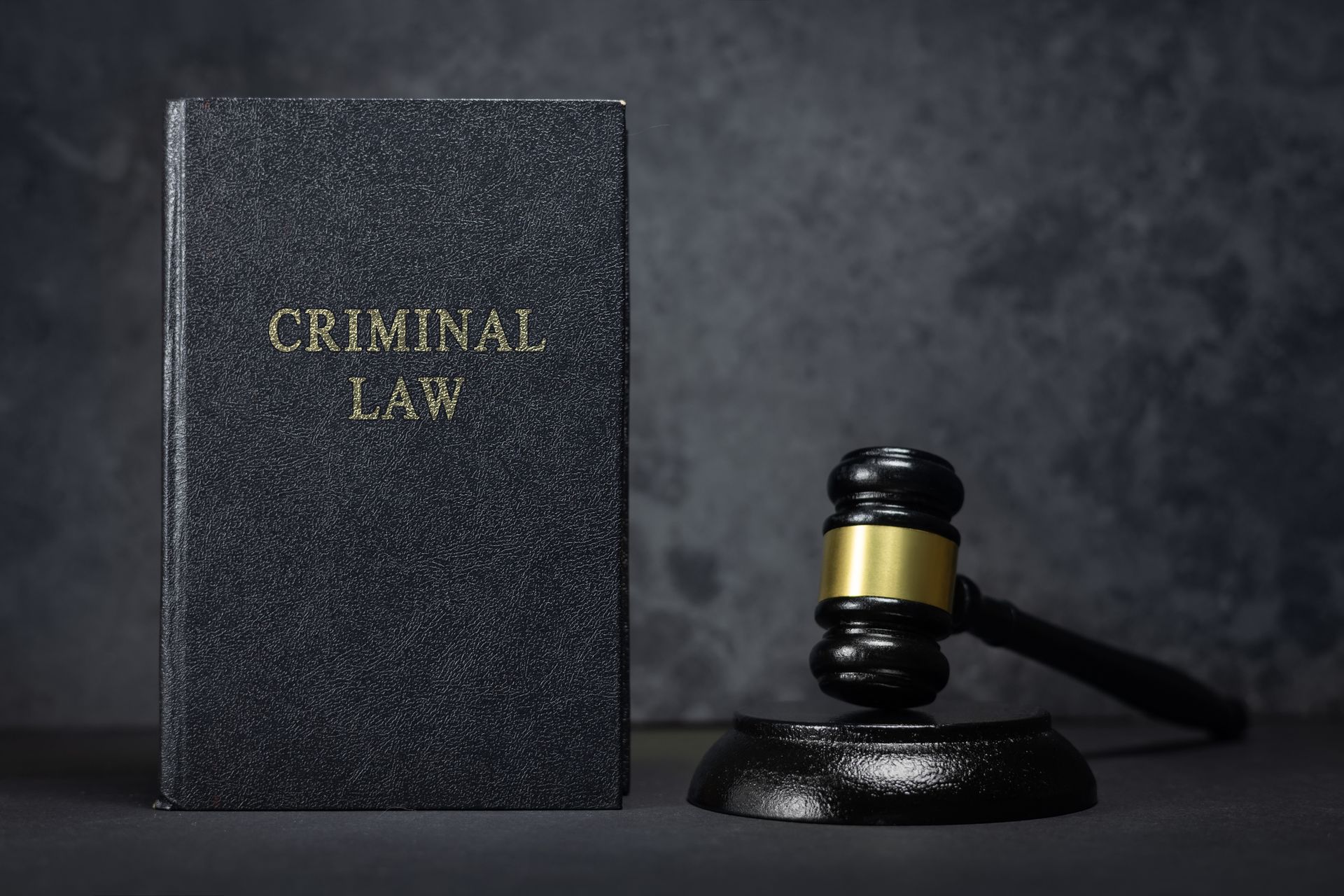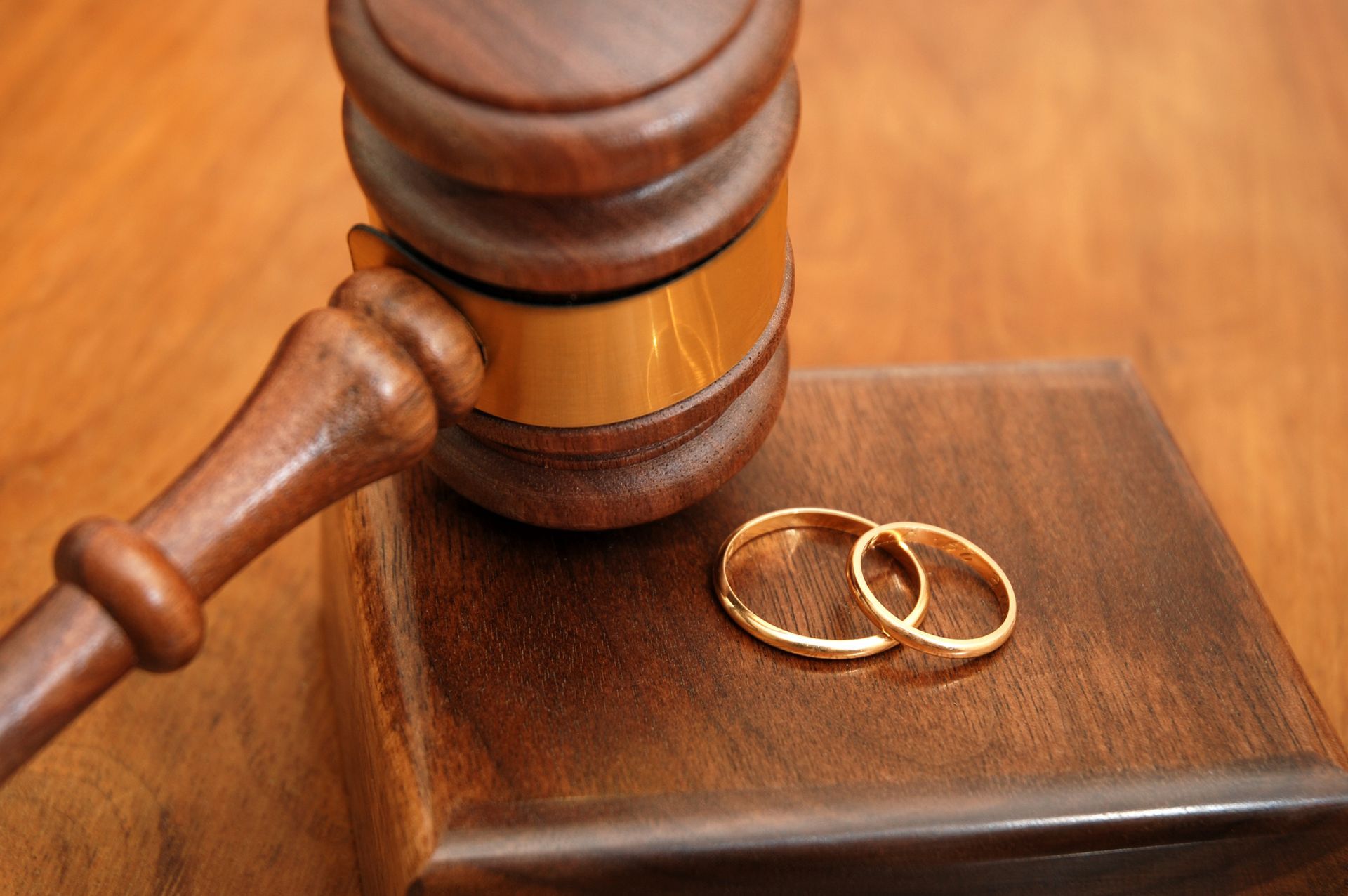Defamation and Divorce: What You Need to Know

Emotions fly high when couples divorce. In many cases, one person may say something negative about the other in a moment of anger. However, you have to be careful not to defame your former spouse. It’s one thing to be hurtful but something else when your comments become defamatory. The following are some things to keep in mind when speaking about your former spouse.
What Constitutes Defamation?
When the marriage is over and the divorce process moves forward, one or both of you might say or write something bad about the other. In some cases, what you say could cost your former spouse his or her reputation. Whether the statement is true or not, you could cause major harm for your former spouse professionally or personally.
Examples of defamation include writing something negative about your former spouse on social media, speaking to someone he or she works with that could get back to his or her superiors, or a statement in either format that can damage a reputation, impacting the outcome of your divorce settlement.
Defamation also happens if your statements cause your former spouse to have legal issues. If your former spouse is in the political sphere or has plans to enter public service, defamatory comments can be particularly harmful once the information goes public in newspapers or online. If this happens and your former spouse can prove the statements are false, you can face a civil lawsuit.
How Do You Know a Statement Is Defamatory?
There are some general guidelines when determining if a statement is defamatory. First, is the statement false? A statement is only defamatory if the communication is untrue. The same goes if the statement is your opinion. You have a right to have an opinion about your former spouse, but you must be careful if you intend to communicate it to others.
Additionally, a statement is defamatory if the false statement is communicated to a third party. The only requirement for this is if at least one other person heard or read your comment.
What Happens During a Defamation Lawsuit?
If your former spouse believes your statements are defamatory, he or she can work with an attorney to sue you in addition to your divorce. Your former spouse provides proof of all your correspondence as a first step. To be considered true, the judge needs to decide whether or not the information is viewed as a verifiable fact.
During the process, the attorney will argue that your verified statements caused either economic or noneconomic damages. The judge can tie the defamation to your divorce by allocating liabilities and assets based on your behavior.
One thing to keep in mind is whether or not the information is privileged. If the statements are subject to marital privilege, your former spouse may not be able to sue you for defamation. Privilege provides both spouses immunity in civil suits. This is typically the case during divorce.
For instance, if you are speaking under oath in court about your spouse, you have privilege, which provides you with immunity if your former spouse sues you for defamation.
Who Must Prove Defamation Occurred?
If your former spouse claims you made a defamatory comment, it’s your responsibility to prove the comments were true and not defamatory. You have to provide proof the statement is true and not an opinion or untruth.
This communication is not intended to be legal advice, and is informational only. We know dealing with your former spouse during a divorce can be difficult. If you have any questions about divorce or other family law matters, please contact us at Hand Law, P.C. We look forward to helping you through this complex time in your life.










